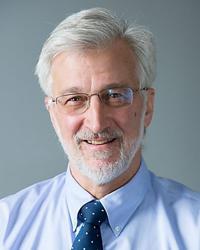Loading Complete

Christopher A. Ross, MD
Psychiatry
31 Insurances Accepted
View allAbout
Professional Titles
Primary Academic Title
Background
Leadership Title
Videos
Recent News Articles and Media Coverage
Additional Academic Titles
Contact for Research Inquiries
Research Interests
Research Summary
PubMed
Selected Publications
Honors
Lectures & Presentations
Graduate Program Affiliations
Memberships
Professional Activities
Expertise
Education
Johns Hopkins University School of Medicine
Residency, 1987Weill Cornell Medical College
Medical Education, MD, 1983Board Certifications
Psychiatry
American Board of Psychiatry and Neurology, 1989Insurance
Johns Hopkins providers participate in many commercial health insurance plans. To confirm coverage of your specific physician or provider, please contact your insurer directly. For more details, please review our Insurance Information.
Search plans
- Aetna
- Amerigroup District of Columbia
- AmeriHealth Caritas District of Columbia
- Beech Street
- Blue Cross Blue Shield Federal Employee Program (FEP)
- CareFirst
- Cigna
- Evernorth Behavioral Health
- First Health
- Geisinger Health Plan
- HealthSmart/Accel
- Humana
- JAI Medical Systems
- Johns Hopkins Health Plans
- Kaiser Permanente
- KeyCare
- Maryland Physicians Care
- Medicaid Maryland
- Medicare Maryland
- MedStar Family Choice District of Columbia
- MultiPlan
- Pennsylvania's Preferred Health Networks (PPHN)
- Point Comfort Underwriters
- Private Healthcare Systems (PHCS)
- Provider Partners Advantage HMO SNP Medicare Advantage
- South Central Preferred (SCP)
- Superior Vision
- TRICARE (Humana Military East)
- UnitedHealthcare
- Veteran Affairs Community Care Network (Optum-VACCN)
- Wellpoint (Amerigroup MD)
